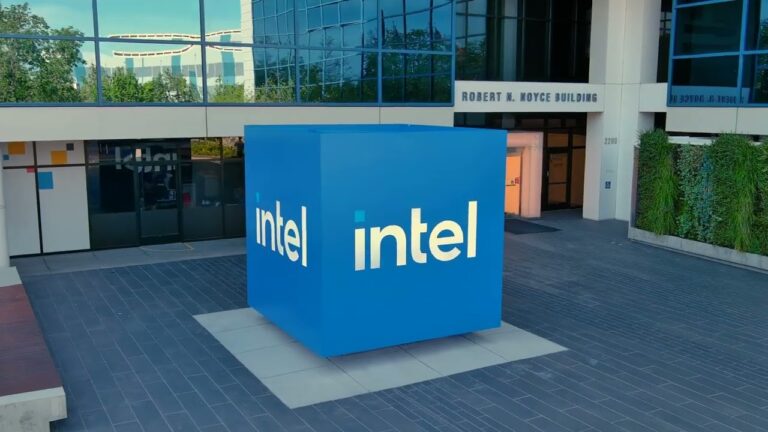A federal judge’s ruling declared Google a monopoly, possibly leading to huge changes in how the tech giant will function. The lawsuit brought on by the United States Department of Justice puts a spotlight on Google’s long-standing dominance in online searches, something it has held and defended for years.
The question now lies in what’s next. How is the U.S. government going to approach this monopoly? Which among several different ideas kicking around еди one has begun circulating among a small group of investors a potentially explosive notion that could remake the landscape of online search.
At the heart of Google’s success is its crawled Search Index, which is the largest and most thorough in existence. It’s an index that bots, often referred to as spiders, crawl around the web to collect keywords and information from websites, which Google stores in a huge database. Then, when users search through Google, it looks up your query against this index, ensuring the most relevant results are returned like searching for a topic in a book’s index.
For decades, competitors have tried to construct their own search indexes-but ended up distant seconds to Google in terms of size and raw power.
One of the greatest problems challengers face is that most sites bar the bots of smaller firms, fearing that these could slow down their sites. However, most sites cannot bar Google’s bots as this would totally reduce their visibility in search results, consequently greatly reducing web traffic.
An idea beginning to garner much attention at the moment is making Google’s Search Index public, in other words, turning it into common infrastructure that everybody can access. This might provide an open playing field whereby competitors will start building on this existing infrastructure rather than from ground zero.
The concept of making Google’s Search Index public might seem radical, but it has a certain logic. The data in the index doesn’t belong to Google it comes from countless websites created by individuals and organizations worldwide. Google’s role is to organize this information and make it accessible through its search engine, but it doesn’t own the content itself.
Public Search Access
Making Google open its index then is also seen as putting it into the public commons for the mutual benefit of society. One of the very goals in the Google mission statement itself, after all, says, “to organize the world’s information and make it universally accessible and useful.” If the Search Index itself were to be opened up to the public, that again fulfills that mission, which would benefit everybody, not just Google.
If that idea were to realize, it might be really potent in terms of catalyzing innovation within the search industry. Developers and firms could enable a whole new set of search engines and tools that would provide alternative paths both in retrieval and presentation from the huge volume of information in Google’s index. That would result in a stronger competitive landscape with new opportunities available to users, depending on special, unique needs.
One such step might be to open up the Search Index through an open API in order that various applications could communicate with it and leverage this index. Large commercial entities might pay for access, while researchers, smaller organizations, and startups would get free or low-cost access. It helps, in that competing efforts and innovation could take place since data of more value could be allowed access to a wider audience.
Though it is an interesting idea, this is only one of a range of potential remedies under consideration following the ruling by the judge. Some experts propose breaking up Google; pieces like Android and Chrome could be offshored themselves. Still, whether or not such a move actually works is deemable. Similar efforts to break up big technology firms in the past didn’t end up with a split. An antitrust case against Microsoft went on throughout the 1990s but never ended in a breakup. Whatever the outcome, one thing now seems clear: Google has to make pivotal changes to diminish its dominance in the tech world. The decree has gotten it to the cautiously excited beginning of a new chapter, both for the company itself and for the broader industry.




+ There are no comments
Add yours